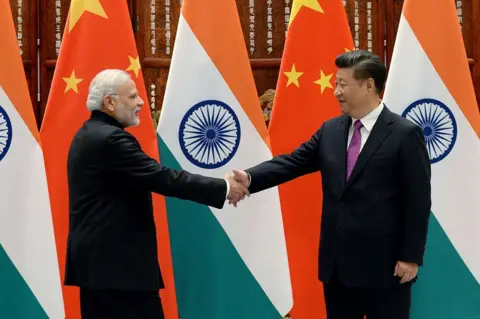India's Directorate General of Civil Aviation (DGCA) has issued a directive for airlines to inspect the fuel control switches on Boeing airplanes, following the tragic crash of Air India Flight 171 in June that resulted in the loss of 260 lives. The decision comes after recommendations from both Indian and international airlines to conduct their own inspections based on safety findings.
A report released by the US Federal Aviation Administration (FAA) earlier this week declared Boeing's fuel control switches as safe, yet concerns persist in light of preliminary findings from the crash investigation. The report indicated that the fuel to the aircraft’s engines was abruptly cut off shortly after takeoff, leading to the disaster of the Boeing 787 Dreamliner bound for London. This incident marks one of the most tragic aviation disasters in nearly ten years.
The DGCA has established a deadline of July 21 for airlines to complete the inspections, emphasizing the critical nature of adhering to this timeline for the continued safety of flights. The inspections align with a 2018 FAA advisory that recommended, though did not require, operators of Boeing jets to examine the locking mechanism of fuel cut-off switches to prevent unintended adjustments.
The AAIB's preliminary report highlighted that Air India had not performed these inspections due to their non-mandatory status. Following the report's findings, the DGCA has now taken action to ensure compliance among airlines. The FAA supports the notion that the aircraft remain safe, despite the advisory based on earlier reports concerning disengaged locking features on the fuel switches.
Meanwhile, the Indian Commercial Pilots' Association has defended the actions of the flight crew, stating that they operated according to their training during a crisis and asserting that the pilots should not face public scrutiny based on speculation.
The preliminary report notably mentions internal cockpit recordings where one pilot questions why the fuel was turned off, to which the other insists he had not done so. It strictly states that its purpose is not to assign fault or liability. Concurrently, reports indicate that South Korea is considering mandates for its airlines operating Boeing aircraft to conduct similar fuel switch inspections.






















